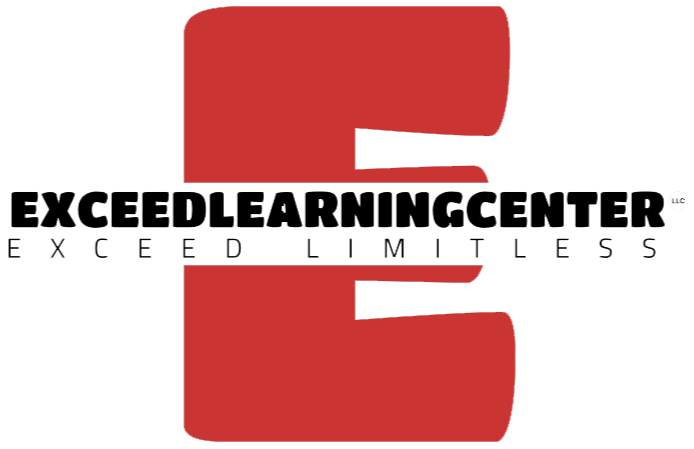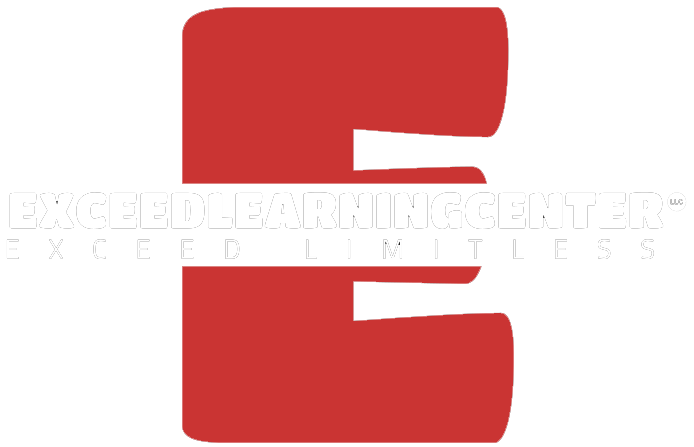Introduction to Emotional Intelligence
Introduction
Emotional Intelligence (EI) is the ability to recognize, understand, and manage our own emotions, as well as those of others.
In both personal and professional contexts, EI plays a crucial role in our relationships, decision-making, and overall well-being.
Understanding the Four Components of EI
Self-awareness: Recognizing emotions and their impact:
This component involves recognizing and understanding our own emotions, strengths, weaknesses, values, and goals.
By being self-aware, we can better navigate our emotions and make informed decisions that align with our values and aspirations.
Self-management: Regulating emotions and behaviors
Self-management refers to the ability to regulate and control our emotions, impulses, and behaviors in different situations.
It involves techniques such as stress management, resilience, adaptability, and impulse control.
With effective self-management, we can handle challenges calmly, stay focused on our goals, and maintain a positive attitude.
Understanding the Four Components of EI
- Social awareness: Understanding others' emotions and perspectives Social awareness entails being attuned to the emotions, needs, and perspectives of others. It involves empathy, compassion, and understanding social cues. By developing social awareness, we can build stronger connections, communicate effectively, and navigate social interactions with sensitivity and respect.
- Relationship management: Building and maintaining healthy connections. Relationship management is about building and maintaining healthy, productive relationships with others. It involves skills such as communication, conflict resolution, collaboration, and influence. By practicing effective relationship management, we can foster trust, cooperation, and mutual support in our personal and professional relationships
Practical Strategies for Developing EI Skills
- Mindfulness and self-reflection: Engage in mindfulness practices such as meditation, deep breathing exercises, or journaling to increase self-awareness and regulate emotions.
- Emotional journaling: Keep a journal to track your emotions, triggers, and reactions throughout the day. Reflect on patterns and identify strategies for managing challenging emotions.
- Role-playing and scenario analysis: Practice empathetic listening and perspective-taking by role-playing different scenarios with friends or colleagues. Analyze the emotions and motivations of various characters to broaden your understanding.
- Active listening exercises: Practice active listening by focusing your attention fully on the speaker without interrupting or judging. Reflect back on what they've said to ensure understanding and build rapport.
- Feedback solicitation: Seek feedback from trusted friends, mentors, or colleagues about your emotional responses and communication style. Use constructive feedback as an opportunity for growth and self-improvement.
- Stress management techniques: Learn and practice stress reduction techniques such as deep breathing, progressive muscle relaxation, or visualization to better manage stress and maintain emotional balance.
- Conflict resolution workshops: Attend workshops or training sessions on conflict resolution to learn effective communication techniques, negotiation skills, and strategies for resolving conflicts in a constructive manner.
- Empathy-building exercises: Engage in activities that promote empathy, such as volunteering, joining diverse social groups, or participating in cultural exchange programs to broaden your perspective and understanding of others' experiences.
- Emotional regulation strategies: Identify healthy coping mechanisms for managing difficult emotions, such as exercise, creative expression, or seeking support from friends or a therapist.
- Continuous learning: Stay informed about the latest research and developments in emotional intelligence by reading books, attending seminars, or taking online courses to deepen your understanding and refine your skills.
SHARE THIS POST:
Olga Binyaminov
Founder, Exceed Learning Academy
Together, we can exceed expectations and make the journey of learning a truly remarkable one for your child.
Leave A Comment
Search
Send us a Message
Blog - Website Form
Recent Posts
Quick Links









